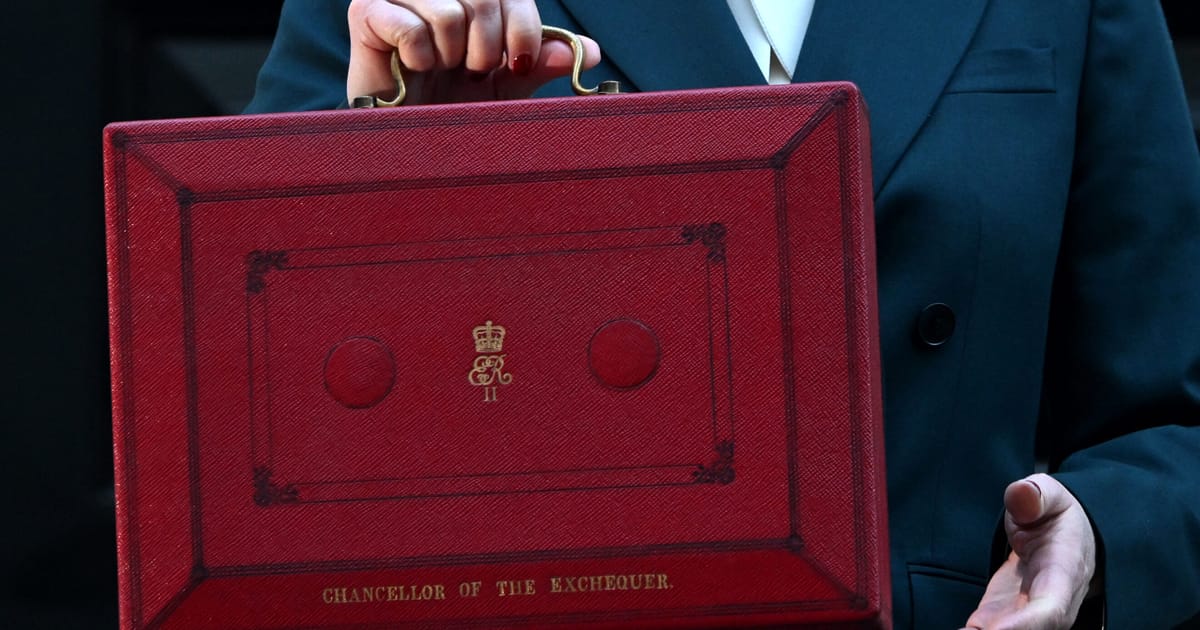The North Sea hasn’t escaped its taxes: Fossil fuel lobbyists were desperate to see a cut in the so-called Windfall Tax, which, oil and gas firms say, limits investment and jobs in the North Sea. But Rachel Reeves ultimately decided to keep the tax in place until 2030 (even if North Sea firms did get a sop through rules announced today, which will allow them to produce oil and gas in areas linked to existing, licensed sites.) Fossil fuel lobbyists, Offshore Energies UK, were very unimpressed. “The government was warned of the dangers of inaction. They must now own the consequences and reconsider,” it said.
Financial services
Pension tax changes won’t arrive for some time: The widely expected cut in tax breaks for pension salary sacrifice is set to go ahead, but it will be implemented far later than thought. The thresholds for exemption from national insurance taxes on salary sacrifice contributions will be lowered from £60,000 to £2,000 in April 2029, likely to improve forecasts for deficit cuts in the later years of the OBR’s forecasts.
The OBR has a markets warning: The U.K.’s fiscal watchdog warned that the price-to-earnings ratio among U.S. equities is reminiscent of the dotcom bubble and post-pandemic rally in 2021, which were both followed by significant market crashes. The OBR estimated a global stock market collapse could cause a £121 billion hike in U.K. government debt by 2030 and slash U.K. growth by 0.6 percent in 2027-28. Even if the U.K. managed to stay isolated from the equity collapse, the OBR reckons the government would still incur £61 billion in Public Sector Net Financial Liabilities.
Banks back British investments: British banks and investment houses have signed an agreement with the Treasury to create “invest in Britain” hubs to boost retail investment in U.K. stocks, a plan revealed by POLITICO last week. Reeves also finally tabled a cut to the tax-free cash ISA allowance: £12,000 from spring 2027 (the amount and timings also revealed by POLITICO last week), down from £20,000, with £8,000 slated for investments only. Over-65s will keep the full tax-free subscription amount. Also hidden in the documents was an upcoming consultation to replace the lifetime ISA with a “new, simpler ISA product to support first-time buyers to buy a home.”
No bank tax: Banks managed to dodge a hike in their taxes this time, despite calls from the IPPR for a windfall-style tax that could have raised £8 billion. The suggestions (which also came from inside the Labour Party) were met with an intense lobbying effort from the banks, both publicly and privately. By the eve of the budget, City figures told POLITICO they were confident taxes wouldn’t be raised, citing the high rate of tax they already pay and Reeves’ commitment to pushing for growth through the financial services industry.
Tech
‘Start, scale, stay’ is the new mantra: Startup founders and investors were in panic mode ahead of the budget over rumored plans for an “exit tax” on wealthy individuals moving abroad, but instead were handed several wins on Wednesday, with Reeves saying her aim was to “make Britain the best place in the world to start up, to scale up and to stay.” She announced an increase in limits for the Enterprise Manage Scheme, which incentivizes granting employees share options, and an increase to Venture Capital Trust (VCT) and Enterprise Investment Scheme (EIS) thresholds to facilitate investment in growing startups. A further call for evidence will also consider “how our tax system can better back entrepreneurs,” Reeves announced. The government will also consider banning non-compete clauses — another long-standing request from startups.

